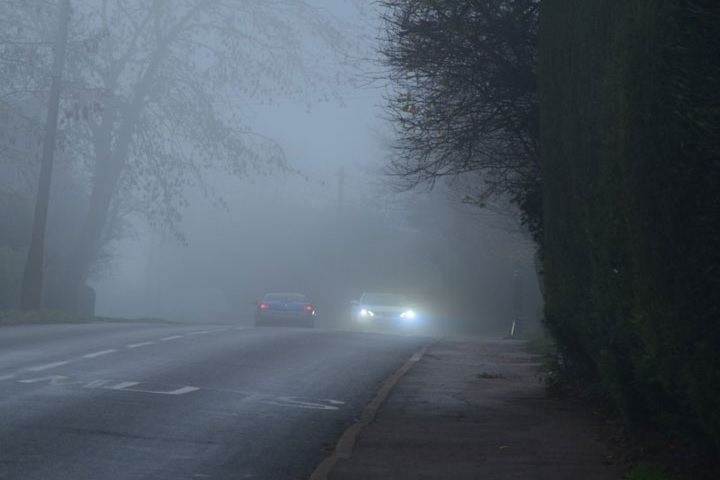
A new study by TRL has found that nearly all drivers in the UK said they thought headlights were too bright and that they have been dazzled by oncoming vehicles.
The TRL study, commissioned by the the DfT, found 97% of people surveyed found they were regularly or sometimes distracted by oncoming vehicles and 96% thought most or some headlights were too bright.
Dr Shaun Helman, who led the research, said the findings provide “compelling evidence” that lights’ glare is a “genuine issue for UK drivers”.
Last week, the government said it plans to take a closer look at the design of cars and headlamps, on the back of concerns that dazzling lights were causing road safety issues.
New measures look set to be included in the government’s upcoming Road Safety Strategy, due for publication in the next few months.
TRL’s data suggests that LED and whiter headlamps may be linked to glare and that drivers might find their whiteness harder to cope with.
Of those surveyed, 33% said they had either stopped driving or are driving less at night because of lights, while another 22% said they would like to drive less at night but have no choice.
A total of 1,850 drivers, matched to the age and gender split of the country’s licence holding population, were surveyed for their views.
Welcoming the findings, Rod Dennis, RAC senior policy officer, said: “Having campaigned hard for this study, we welcome its findings which independently confirm what drivers have been telling us – that rather than being an imagined phenomenon, some bright headlights do cause a glare problem.
“While drivers clearly benefit from high-performing headlights, it’s important this doesn’t lead to others suffering the effects of dazzle, so a balance needs to be struck.
“We don’t yet have all the answers, but this report undoubtedly helps move us towards tackling the complex problem of glare from vehicle headlights. It’s vital the report and its considerations are now reviewed carefully to put us on a path towards changes that ultimately benefit all road users.”
I do not understand how manufacturers managed to bypass the RTA 1988, and its Road Vehicles Lighting Regulations 1989, mandating specific lights are not to be used to dazzle other road users, and yet we find ourselves struggling to see at night especially if it is raining and the vehicles wipers are in use and have a vehicle approaching with these excessively bright headlights. The sooner all of these vehicles are recalled and made safe the better – at the manufacturer’s expense.
Davey Bulmer, Consett
+10
I don’t think this is a recent phenomena. Driving at night has always been hazardous at the best of times because, well…it’s dark! Driving on an unlit road at night when no vehicles are coming towards you is manageable, because you’re on main beam and you can see the road is clear for some distance ahead, however once an oncoming vehicle aproaches, even on ‘standard’ dipped beam, your forward visibilty is reduced and you should slow down till the vehicle has passed. So many don’t however and take a chance that all is clear.
I avoid driving when it’s dark these days, but recently I had to and found it unnerving particularly when you are being very closely followed by someone who seemingly doesn’t understand the need for extra caution in the dark nor seemingly, stopping distances.
Hugh Jones, South Wirral
+3